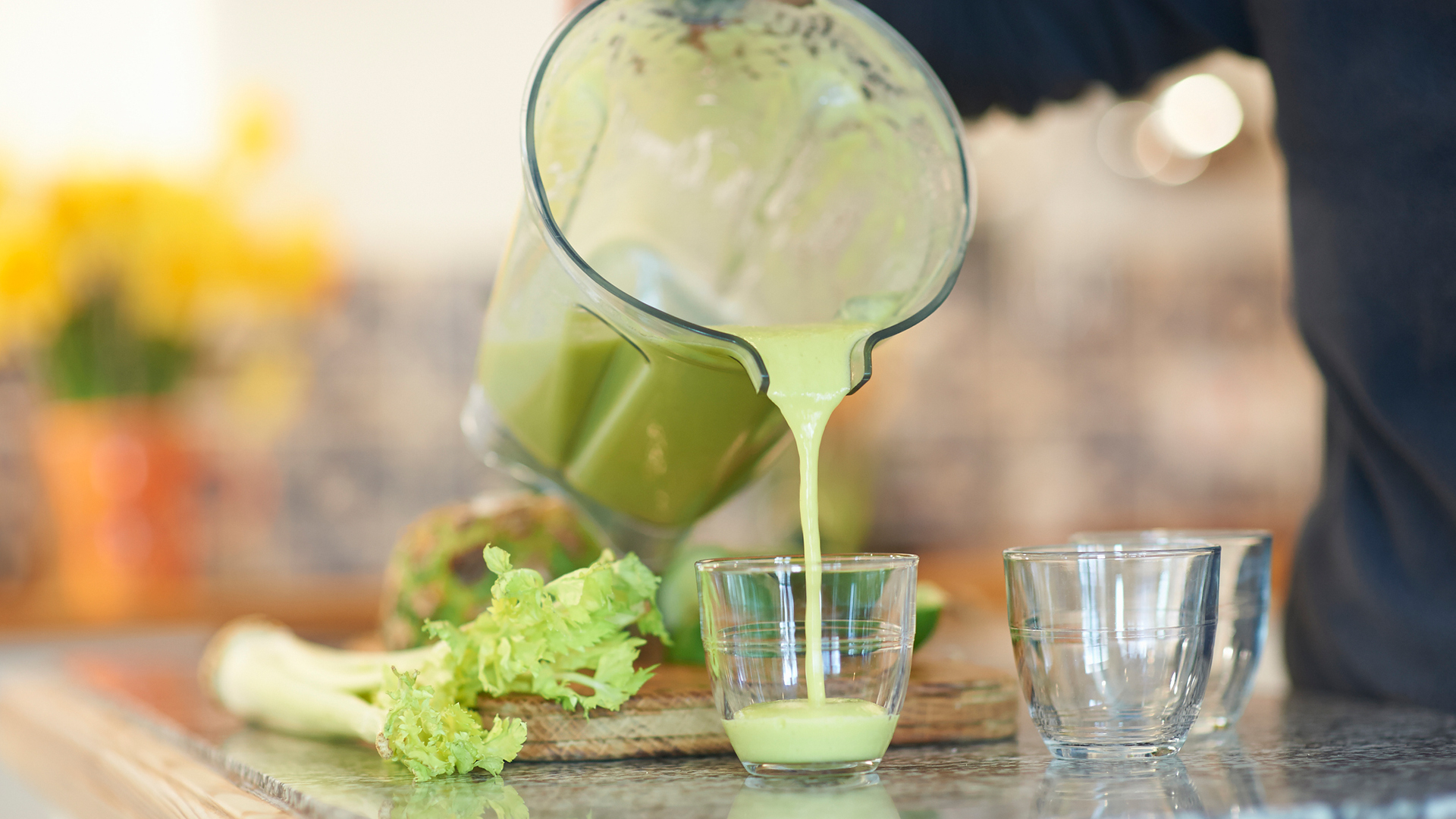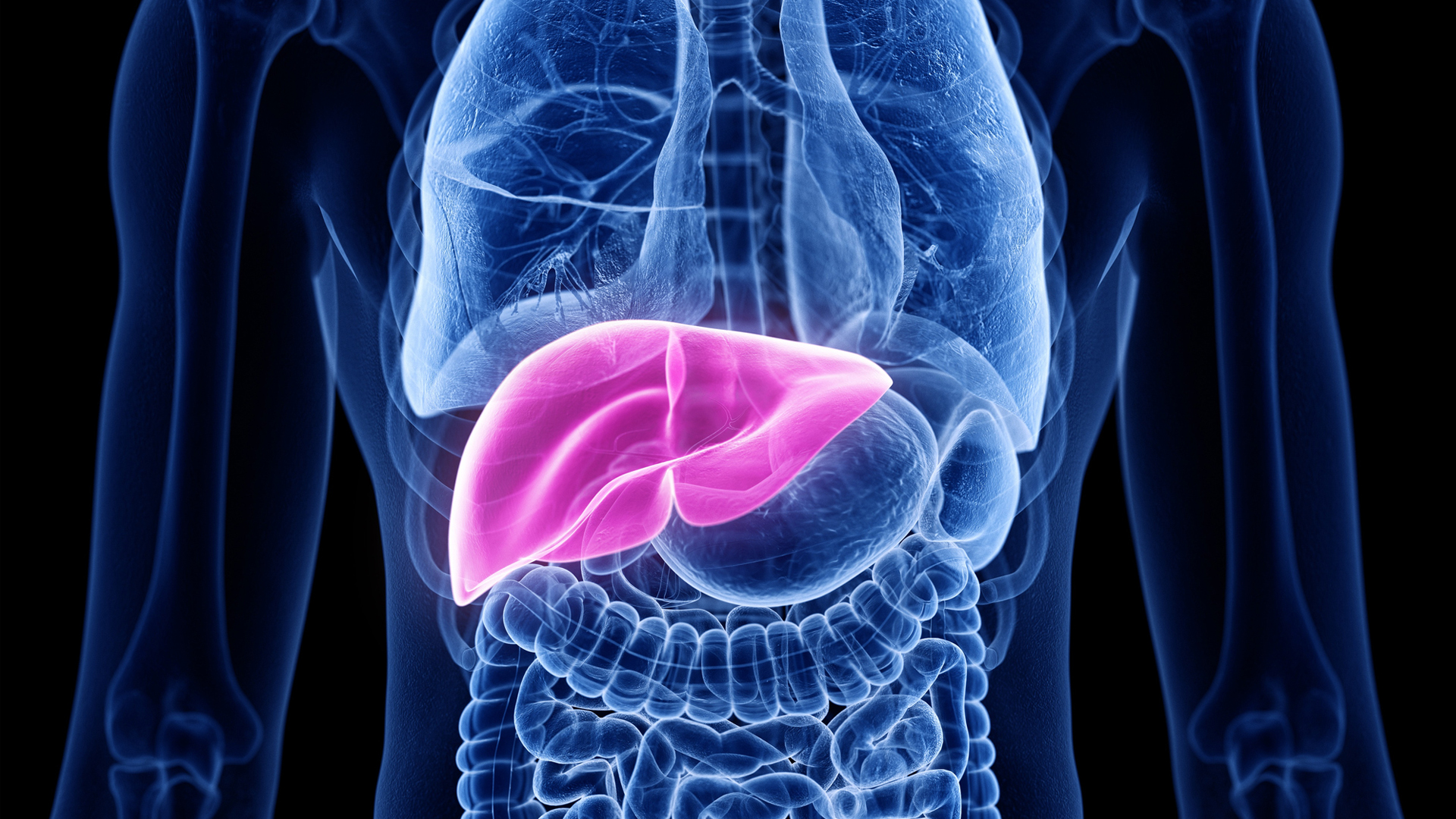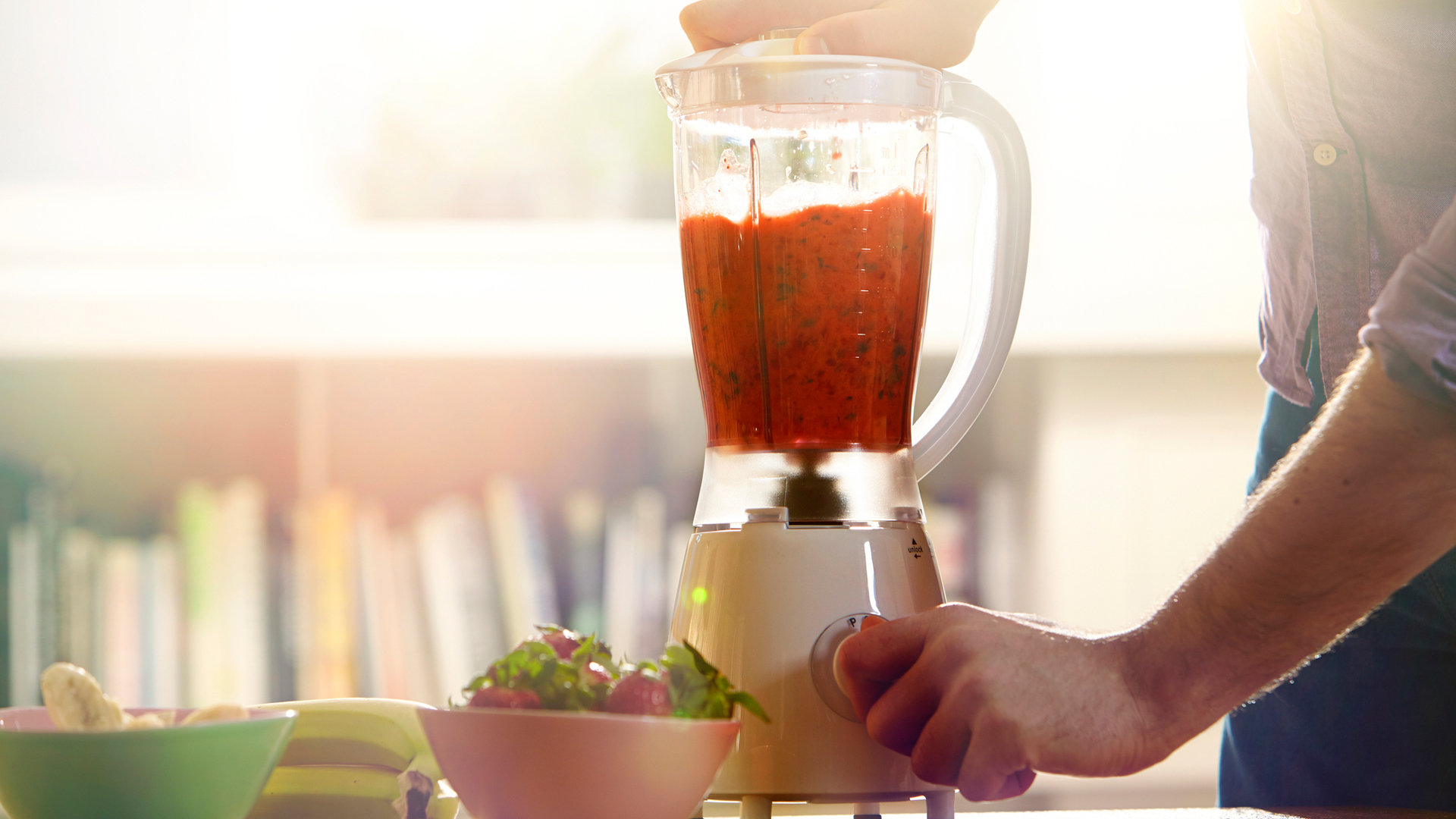Detox diets & cleanses: What science really says
We separate fact from fiction when it comes to detox diets and cleanses

Every day we’re surrounded by toxins, from air pollution to food contamination – and many other harmful substances. So it’s understandable that you may be tempted to give detox diets and cleanses a try. But do they live up to expectations?
Detox diets promise to eliminate toxins from your body and rejuvenate your health. They usually involve a period of fasting, followed by a strict diet of fruit, vegetables, juices, and water. More often than not, they include a heavy use of herbs, laxative teas, dietary supplements, and colon cleanses too. They are usually designed to be short and intense, and don’t involve sustainable lifestyle changes. Countless celebrities and influencers promote them on social media, but scientists are skeptical about whether detox diets and cleanses actually work. In fact, some medical professionals point out that in certain cases they can be dangerous for our health.
To separate fact from fiction, we’ve looked into the common health claims around detox diets, to see if there is any evidence to support them. We also discuss what actions you can really take to help rid your body of toxins safely.
What is detoxification?
Detoxification is the removal of toxic substances from the body, mainly carried out by the liver and kidneys. According to the Journal of Inherited Metabolic Disease, the liver is central to this process, while glutathione is the primary molecule responsible for detoxification. It’s sometimes referred to as the ‘master antioxidant’, because it is the most abundant antioxidant in the body and it has the ability to regenerate itself.
Detoxification in the liver occurs in two phases. During phase I, a group of enzymes convert harmful substances into less toxic compounds. These byproducts are not allowed to build up and stay in the liver, as they can damage our cells. The role of phase II is to make sure they are neutralized and removed from the body, mostly with urine and feces. It’s usually done by making these byproducts water soluble.
The lymphatic system is also involved in helping our bodies rid the body of toxins, waste and other unwanted materials.

Detox diets & cleanses: What they can and can’t do
The scientific community is in agreement – detox diets and cleanses don’t work. According to a review published in the Journal of Human Nutrition and Dietetics, there is very little clinical evidence that they can deliver on their promises. It’s true that some studies have shown that certain food compounds may be able to boost liver detoxification processes, but they’ve been mostly done on animals, so it's difficult to translate these findings to humans.
Get the world’s most fascinating discoveries delivered straight to your inbox.
Liver detoxification
Detox diets claim to boost liver detoxification processes. However, the extent to which dietary components can do this may be limited. Glutathione can be found in foods like broccoli, asparagus or avocado. At the same time, it’s poorly absorbed in the digestive system, and bodies don’t have a direct transport system for glutathione.
Still, the right diet can help to increase our levels of glutathione by delivering the necessary ‘building blocks’. According to a review published in the Nutrients journal, supplementation with the amino acids cysteine, glycine, and glutamate, as well as vitamin C and vitamin E, can increase the body’s production of glutathione. What’s more, multiple studies have shown that regular consumption of cruciferous vegetables (including broccoli, cauliflower and brussel sprouts) can help to increase the activity of liver detox enzymes.
There is also limited evidence that certain dietary supplements can help with liver detoxification. For example, animal studies have shown that milk thistle could help decrease liver inflammation and treat liver disease, but as scientists from The American Journal of Medicine point out, studies done with human subjects did not bring the same results.
It’s also worth pointing out that the liver may not have the ability to remove certain chemicals. These include substances like bisphenol A (BPA), phthalates, mercury or lead. They tend to accumulate in fat tissue or blood and it can take a very long time for your body to neutralize them, regardless of your diet.
Toxin elimination
Detox diets claim to promote toxin elimination through feces, urine and sweat. Some aspects of detox diets can definitely help with this. For example, drinking more water will increase your kidneys ability to remove neutralized toxins, while eating more fruit and vegetables will increase your fiber intake, which in turn increases stool bulk and regularity, helping your body to remove waste products.
On the other hand, many detox diets endorse the excessive use of various ‘cleanses’. Cleanse is a term used to describe activities and products that can ‘clean’ your digestive system, such as laxatives, enemas and colon hydrotherapy (colon cleanses).
But medical professionals are concerned that abusing cleanses may have far-reaching consequences for your health. Normal bowel function consists of the absorption of electrolytes and water from the gut, as most nutrients are absorbed in the small intestine. Laxatives can stimulate bowel movements and help with occasional constipation, but they should not be used regularly. Studies have shown that laxative abuse can seriously impact electrolyte levels and acid balance in the body, causing harm to your kidneys and cardiovascular system.
Circulation
Many detox diets claim to improve circulation and lower blood pressure. Eliminating alcohol, coffee, cigarettes, and refined sugar will definitely have a beneficial impact, both short- and long-term. Drinking more water increases blood volume and contributes to lower blood pressure too. There’s also some evidence that intermittent fasting may help to reduce the risk for cardiovascular disease.
However, in the vast majority of cases, detox diets don’t last long enough to produce permanent changes to your cardiovascular health. They may also lack important heart-protecting nutrients, like omega-3 fatty acids.
Detox diets & cleanses: Are there any risks?
Detox diets, particularly the ones that are highly restrictive, may pose risks to your physical health and mental wellbeing. The vast majority of detox diets involve prolonged periods of fasting, severe calorie deficits and limited food choices.a According to a study in Obesity Reviews, long-term fasting can result in vitamin and mineral deficiencies, as well as exhaustion and irritability. What’s more, many detox diets increase the risk of overdosing on dietary supplements, diuretics, laxatives, and even water.

So-called ‘juice fasts’ are a great example of detox diets that can be very unhealthy. Liquid diets tend to lack adequate amounts of protein and dietary fiber, and may increase the risk of dehydration and electrolyte abnormalities. Some of the juices used in this type of diet are not routinely pasteurized or stored properly. As a result, raw juices may contain harmful bacteria that can make you sick.
Detox diets may also be harmful to mental health. Some people who overindulge on food or alcohol may feel the need to go to the extreme and punish themselves by drinking only juices, instead of just getting back to eating healthy. This may fuel a vicious cycle of binging and restrictions. One 2018 Hungarian study made a connection between detox diets and eating disorders like purging disorder and orthorexia nervosa. Orthorexia nervosa is a mental health disorder in which a person engages in excessive ‘healthy’ behaviors. Strict dieting and obsessing about healthy food can further lead to feelings of anxiety, isolation and depression.
How to detox safely
Although detox diets are not considered effective, some of their features could help your body get rid of toxins. Drinking plenty of water, eating plenty of fresh produce and avoiding processed foods, sugars, alcohol and caffeine can all benefit your health and improve the functioning of your liver. The problem with most detox diets is that they’re usually designed as intense, short-term interventions. As with most aspects of nutrition, only consistent, long-term behavior changes can truly improve your health. Therefore, maintaining a balanced, nutrient-rich diet is a much more effective approach to detoxification than occasional, radical fad diets. Try our easy Mediterranean diet meal plan for inspiration.
- Related: Why is water important?
Instead of using laxatives and colon cleanses, focus on improving your gut health. A functional digestive system will naturally promote healthy detoxification processes. Antibiotic use, poor diet quality, and excessive alcohol consumption can alter the composition of your gut bacteria. To feed your good gut bacteria, start with adding more prebiotic foods to your diet. You may also want to consider a probiotic supplement.
But detoxification is not just about what you eat and drink. To maximize your chances of staying free from toxins, you may need to change your lifestyle: give up smoking and, if possible, reduce your exposure to environmental pollution; choose cosmetics and skin products made out of natural ingredients; and engage in regular physical activity.
Lastly, focus on maintaining good sleep hygiene. According to a review published in Brain Sciences, sleeping allows your brain to reorganize and recharge itself, as well as remove toxic waste byproducts that accumulate throughout the day. Based on CDC guidance, you should aim for seven to nine hours per night to reap the health benefits.
This article is for informational purposes only and is not meant to offer medical advice.

Anna Gora is a health writer at Live Science, having previously worked across Coach, Fit&Well, T3, TechRadar and Tom's Guide. She is a certified personal trainer, nutritionist and health coach with nearly 10 years of professional experience. Anna holds a Bachelor's degree in Nutrition from the Warsaw University of Life Sciences, a Master’s degree in Nutrition, Physical Activity & Public Health from the University of Bristol, as well as various health coaching certificates. She is passionate about empowering people to live a healthy lifestyle and promoting the benefits of a plant-based diet.
 Live Science Plus
Live Science Plus





